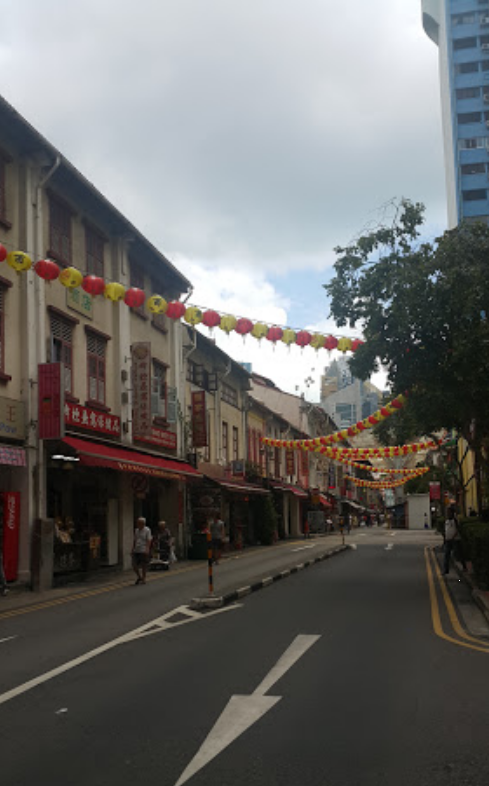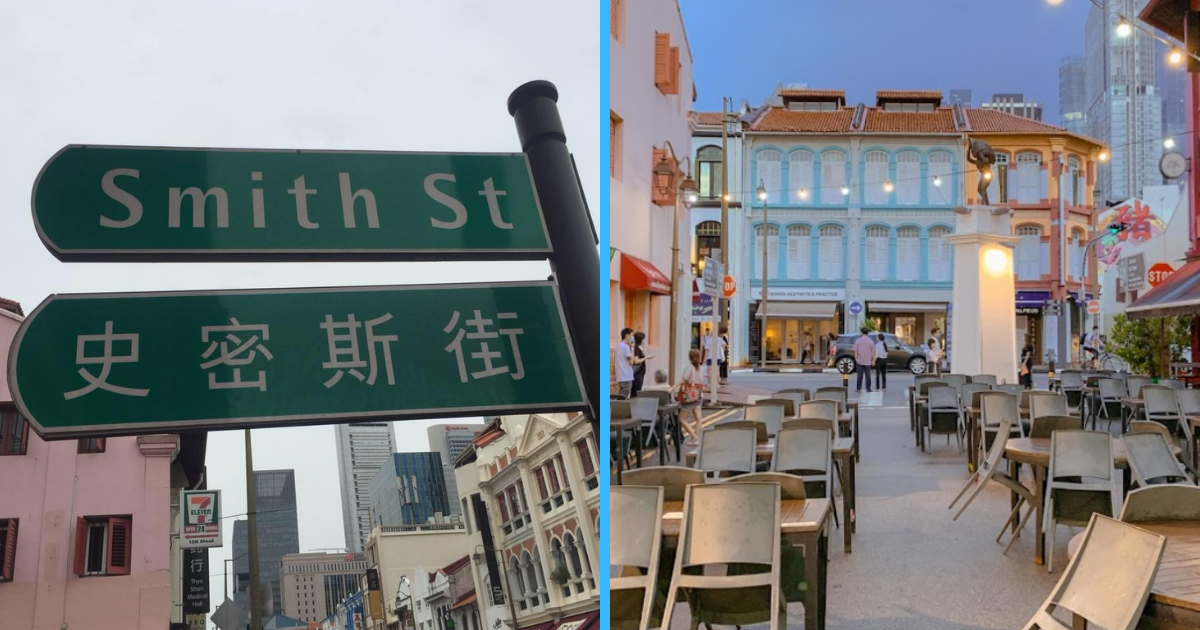Chinatown’s Smith Street Undergoes Major Revamp with Single Tenant Overhaul
Chinatown’s iconic shophouses, a vibrant embodiment of Chinese culture in Singapore, are poised for a significant revamp to enhance the preservation of the area’s culture and heritage.
Single Master Tenant for 13 Shophouses
Indeed, you heard correctly: a single master tenant will oversee a row of 13 shophouses.
This tender, encompassing the shophouses from 11 to 37 Smith Street, was launched on Thursday, 30 Nov and will remain open for a 12-week period.

Importantly, the tender extends to the pedestrian walkway, previously the site of Chinatown Food Street.
The master tenancy spans a total land area of about 3,166 square metres, with a gross floor area of approximately 3,073 square metres.
The lease agreement is set for five years, with the option to renew for an additional four years.
This extended lease period will serve to give interested parties the confidence needed for substantial investment in the project.
Dr Lee Nai Jia, PropertyGuru’s head of real estate intelligence, notes that having a master tenant enables streamlined decision-making regarding the optimal use of space and the ideal mix of shops, according to CNA.
Simply speaking, if one person makes the decision, the entire street’s revamp efforts will be a lot more centralised and coherent, which is not a bad thing.
This is especially so if the main goal, after all, is to search for the “shine” of Chinatown again.
Finding The Single Tender Master
Bids for the Smith Street project will be evaluated on:
- the basis of price
- capital expenditure (capex)
- quality of proposals for managing the properties and the pedestrian mall.
Pricing will constitute 30% of the assessment criteria, with capex having a 20% weightage.
However, the Singapore Land Authority (SLA) emphasises that the quality of the proposal is paramount, accounting for the remaining 50%, as reported by The Business Times.
Revamp Goals: Boosting Vibrancy and Foot Traffic
Since the closure of Chinatown Food Street in 2021, Chinatown’s afternoons have grown increasingly quiet, typically attracting only a smattering of tourists.
While COVID-19 undoubtedly impacted the businesses, many in Chinatown report that the current situation is even more challenging than the pandemic period.
Noodle Man Lan Zhou La Mian’s owner, Wong Seng Wai, who has operated on Smith Street for 24 years, shared with CNA that his business is now at about 60% of its pre-COVID-19 volume.
The rejuvenation of Smith Street does not just include the cultural aspect, but most importantly, also for businesses like Mr Wong’s.
And this would be something for the single master tenant to prioritise, without compromising other main goals, such as to introduce food offerings representative of Singaporean cuisine.
Additionally, the tender’s key objectives also include restoring the area’s status as a hub for Chinese opera.
The dynamic nature of Chinatown’s demographic is also something to grapple with when coming up with the revamp plans.
At Chinatown, the younger population tends to live at the Pinnacle@Duxton estate and a more elderly demographic on the other side.
Therefore, a blend of traditional and contemporary elements, appealing to both locals and foreigners, will be crucial.
From the business perspective, Mr Wong expressed hope that the new master tenant will introduce heritage food offerings without excessively commercialising the area or increasing rents.
Perhaps this would also be one of the key considerations for the locals who are most ilkely to patrionise the new Chinatown Food Street (if there is one).
In the words of Mr Wong, focusing on what locals enjoy will naturally attract foreign visitors as well.
The current tenancies of all businesses at the site are scheduled to end by the middle of next year.



